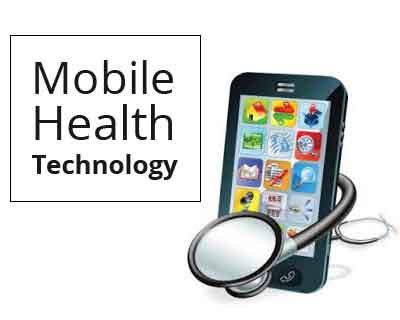- Home
- Editorial
- News
- Practice Guidelines
- Anesthesiology Guidelines
- Cancer Guidelines
- Cardiac Sciences Guidelines
- Critical Care Guidelines
- Dentistry Guidelines
- Dermatology Guidelines
- Diabetes and Endo Guidelines
- Diagnostics Guidelines
- ENT Guidelines
- Featured Practice Guidelines
- Gastroenterology Guidelines
- Geriatrics Guidelines
- Medicine Guidelines
- Nephrology Guidelines
- Neurosciences Guidelines
- Obs and Gynae Guidelines
- Ophthalmology Guidelines
- Orthopaedics Guidelines
- Paediatrics Guidelines
- Psychiatry Guidelines
- Pulmonology Guidelines
- Radiology Guidelines
- Surgery Guidelines
- Urology Guidelines
Mobile health technology can help prevent diabetes

New York : Text messages sent via mobile phones that advise healthy behaviours such as to exercise, eat less fats and consume more fruits and vegetables has the potential to prevent the risk of developing diabetes, reveals a study.
The study has broad implications for diabetes prevention at the population level, specially in low and middle-income countries, and marks the usage of mobile health technology as a smart solution, the researchers said.
"The study shows the potential for even the most basic of mobile phones to be used as a viable tool to deliver public health messages on a large scale across a diverse population," said lead author Angela Fidler Pfammatter, Assistant Professor at Northwestern University, Illinois, US.
The study conducted on one million people in India showed that nearly 40 per cent people improved their health behaviours as a result of the texting (299 showing improvement in the experimental group versus 185 in the control group).
Indians get diabetes in their 30s and 40s, 10 years earlier than most Americans, said the paper published in the Journal of Medical and Internet Research, adding that an estimated 66 million people live with the disease, and 1 million die from it each year.
For the study the team randomly chose 1,000 individuals who received text messages and compared them to the responses from a similar number of people who didn't receive the text messages.
There were 982 in the experimental one, who were surveyed through mobile phones in the language of their choice. These were then considered as a representative sample of the one million participants. In the control group, there were 943 people.
The team sent text messages on diabetes and its prevention in 12 languages, twice a week for six months, to one million of its subscribers from all over India who opted in during 2012-2013.
The study showed clear health behaviour differences between those who received the text messages and those who did not.

Disclaimer: This site is primarily intended for healthcare professionals. Any content/information on this website does not replace the advice of medical and/or health professionals and should not be construed as medical/diagnostic advice/endorsement or prescription. Use of this site is subject to our terms of use, privacy policy, advertisement policy. © 2020 Minerva Medical Treatment Pvt Ltd